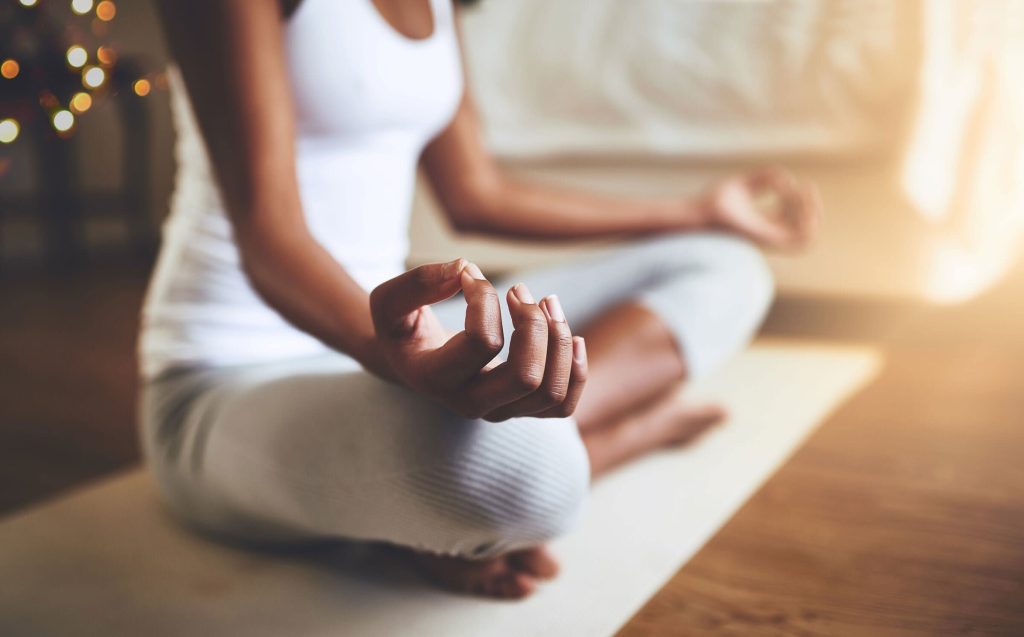Stress is a natural reaction of the body to challenges or demands. It can be a response to both positive and negative events, such as preparing for a big presentation or dealing with a difficult situation at work. While a little anxiety can be temporary, long-term stress can have detrimental effects on both the mind and body. Fortunately, techniques like meditation can play a powerful role in reducing stress and restoring balance.
What Causes Stress?
Stress can stem from numerous sources, and each person may experience it differently. It can stem from numerous sources, and each person may experience it differently. Its primary causes are often classified into internal and external factors.
1. External Causes:
- Work-related: High workloads, tight deadlines, job insecurity, or difficult relationships with colleagues and superiors.
- Life Changes: Major life events like moving to a new city, getting married, or losing a loved one can be emotionally and physically stressful.
- Financial Issues: Worrying about money, paying bills, or dealing with debt can lead to chronic stress.
- Social Pressures: Expectations from family, friends, or society to meet certain standards can create feelings of inadequacy or anxiety.
2. Internal Causes:
- Negative Thinking: Pessimism or worrying about the future can cause stress by amplifying fears and doubts.
- Perfectionism: Setting excessively high standards for oneself and feeling inadequate when those standards are not met can lead to burnout and anxiety.
- Unrealistic Expectations: Putting pressure on yourself to meet expectations that are unattainable can create feelings of frustration.
- Lack of Control: When we feel like we don’t have control over situations, it can lead to feelings of helplessness.
The Impact of Chronic Stress
When stress becomes chronic, it can have severe physical and mental consequences. Prolonged stress triggers the body’s fight-or-flight response, releasing stress hormones like cortisol. Over time, high levels of cortisol can lead to:
- Anxiety and Depression: Constant stress can disrupt the brain’s chemistry, leading to feelings of anxiety or even depression.
- Sleep Disturbances: Often results in insomnia or restless sleep, contributing to fatigue and a lack of mental clarity.
- Physical Health Issues: It can also increase the risk of heart disease, high blood pressure, diabetes, and other serious health problems.
- Impaired Immune Function: The stress response weakens the immune system, making individuals more vulnerable to illness.
Meditation Techniques for Stress Relief
Meditation can be simple and accessible, and there are several techniques to try. Here are a few of the most effective meditation practices for stress reduction:
1. Mindfulness Meditation: This is a widely used form of meditation that focuses on awareness and presence. To practice mindfulness:
- Find a quiet place and sit comfortably.
- Focus on your breath. Notice the sensation of the air entering and leaving your body.
- If your mind starts to wander, gently bring your focus back to your breath without judgment.
- Try to practice for at least 5-10 minutes daily.
2. Deep Breathing Exercises: Deep breathing helps activate the parasympathetic nervous system, which promotes relaxation. To practice deep breathing:
- Sit or lie down in a comfortable position.
- Inhale deeply through your nose for a count of four, filling your lungs.
- Hold your breath for a count of four.
- Exhale slowly through your mouth for a count of four.
- Repeat this cycle for a few minutes, focusing on your breath.
3. Guided Meditation: Guided meditation involves listening to a recorded meditation or having a meditation teacher guide you through a session. It can be particularly helpful for beginners as it provides structure and direction. Guided sessions often involve relaxing imagery and soothing music to help you reach a deep state of relaxation.
4. Progressive Muscle Relaxation: Progressive muscle relaxation (PMR) involves tensing and then relaxing different muscle groups in your body. Start by focusing on your feet, then gradually work your way up to your head. As you tense each muscle group, notice the tension, and as you release it, allow yourself to feel the relaxation.
Making meditation a regular part of your day can work wonders for reducing stress and improving your mental health. Taking just a few moments to breathe, relax, and focus can help you feel more balanced, calm, and better equipped to handle life’s challenges.

